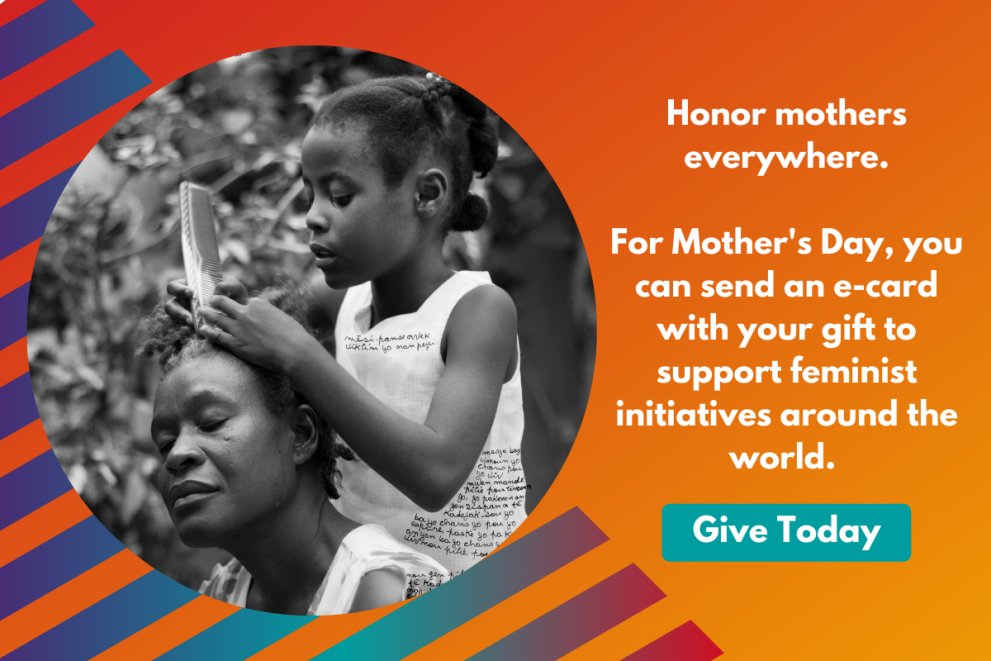Eid mubarak! That was the appropriate greeting for Muslims at the end of June 2023, as they celebrated Eid al-Adha, one of the most important holidays of the year.
When Eid is on Sunday, most people in the U.S. would have no trouble avoiding schedule conflicts with Eid al-Adha this year. The secular calendar that most people use in the U.S. is based on the Gregorian calendar, created under the direction of Pope Gregory. Because of its Christian origins, it assumes that Sunday is not a work day.
But Muslims follow a lunar calendar, which means their holidays are NOT on the same date every secular year. Jews follow a lunisolar calendar: ditto. Other religions and cultures also follow their own calendars, so you won’t know the date of their holy days and holidays the way that, for example, everyone in the U.S. knows December 25 is Christmas.
Even if you have a printed or online calendar that mentions all the dates, how do you know whether that day is something that is merely marked (like Ash Wednesday for certain Christians), or taken off from work completely (like Easter)?
The Best Thing to Do is Ask
When you’re scheduling a meeting with a group of people, the best thing you can possibly do is ask ahead of time.
Of course, if you ask and someone says, “I can’t make it that day because of a religious holy day,” you have to be prepared to say, “Okay, let’s look for another date.” If you ask and then you say you’re holding the meeting anyway. think of the message you’ll be sending!
You can look up a calendar of holidays ahead of time and familiarize yourself with other people’s religious observances and cultures–but that is no substitute for asking the people you’re actually working with!
A Jewish Holy Day Calendar for 2023-2024
Here’s a guide to scheduling around the Jewish holy days that I thought you might find useful. I didn’t write it, only edited it slightly and updated it each year, but I vouch for its accuracy.
Category I. MOST JEWS PARTICIPATE. Please do not schedule meetings around these holidays.
ROSH HASHANAH (Jewish New Year) begins at sunset Friday, September 15, 2023 and continues through Sunday, September 17.
YOM KIPPUR (Day of Repentance) begins at sunset on Sunday, September 24, 2023 and continues through Monday, September 25. While Yom Kippur is a fasting day, meals are prepared in advance for the breaking of the fast at the end of 27 hours.
Typically, even some of the least religiously observant members of the
Jewish community do not work on Yom Kippur or Rosh Hashanah. Please keep in mind that even though the holy day may begin at sunset, these are
home ritual centered holy days, so a great deal of advance preparation is
required. In other words, please don’t schedule a meeting for the afternoon
preceding the holiday because I will be cooking!
PASSOVER (Celebration of Freedom from Slavery in Egypt) begins at sunset
on Monday, April 22, 2024; continues through nightfall on Tuesday, April 30. THE FIRST TWO DAYS (through Wednesday evening, April 24, 2024) require refraining from work. LOTS of cooking and preparation before this holy day.
—————
Category II. Many observant Jews refrain from work. I count myself as observant.
SUKKOT (Festival of Booths, or Tabernacles) begins at sunset Friday, September 29, 2023 and lasts through Friday, October 6. THE FIRST TWO DAYS (through Sunday, October 1, 2023) traditionally require abstaining from work.
SHMINI ATZERET (Eighth Day Assembly, ending Sukkot) begins at sunset on Friday, October 6, 2023 and lasts through Saturday, October 7.
SIMCHAT TORAH (Rejoicing with the Torah) begins at sunset on Saturday, October 7, 2023 and lasts through Sunday, October 8.
The LAST TWO DAYS of PASSOVER begin at sunset Sunday, April 28, 2024 and last through Tuesday, April 30.
SHAVUOT (Festival of Weeks, or Pentecost to our Christian friends) begins at sunset on Tuesday, June 11 2024 and continues through Thursday, June 13.
TISHA B’AV (fast day marking the destruction of the ancient Temple in Jerusalem) begins at sunset on Monday night, August 12, 2024 and continues through Tuesday, August 13.
—————–
Category III. Observance doesn’t require refraining from work.
HANUKKAH (Festival of Lights) begins at sunset on Thursday, December 7, 2023 and
continues through nightfall Friday, December 15. Every night, candles on the
Hanukkiah (eight-armed candelabra, sometimes called “menorah”) are lit.
PURIM – Begins at sunset on Saturday, March 23, 2024; continues through Sunday, March 24.
And a few other seasonal and historical holy days that I won’t mention, because enough already! If you want to know the names of those days and when they fall, see https://www.hebcal.com/holidays/. If you want to know more about the meaning of all these holidays, you might consult www.jewfaq.org or the book Seasons of Our Joy, by Arthur Waskow.
[Dennis] A final note which I thought worth adding from my own experience: Even if someone (who might be Jewish) tells you “It’s no big deal” to schedule meetings and conferences on these days, doesn’t mean that that’s true for all Jews. People maintain various levels of observance, and a more secular Jew may work on a day when I would not. (We are both telling the truth.)
When in doubt, please ask! I can’t speak for other Jewish consultants, staff, board members, and interns, but I know I always prefer to be asked.
Thank you!




